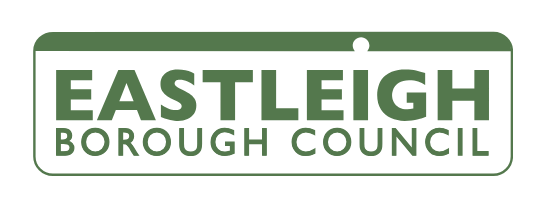Unnecessary payments made due to duplicated invoices are a bigger problem than most organisations realise. The Accounts Payable Association found nearly two thirds of UK finance professionals have received duplicate invoices, with a third ending up paying them, while other studies suggest duplicate payments make up approximately 0.5% of all invoices paid.
Accidentally paying the same invoice twice may not be a huge issue if it is an isolated event, but if it is a common occurrence over a number of years, it could cost organisations hundreds of thousands of pounds, which is still recoverable.
At a time when the financial impacts of Covid-19 are forcing both private and public sector organisations to revisit their expenditure, duplicated payments are not a mistake they can afford to make. Action needs to be taken sooner rather than later, or organisations risk continuing to make costly over payments.
What’s causing duplicate invoice payments?
Before organisations can take steps to avoid duplicate payments, it’s essential they understand why they occur. It’s often not down to a single reason but a mix of factors, which may be small on their own but have significant impacts when combined. Most organisations do trust their partners and suppliers when it comes to invoicing, yet duplicate payments still occur due to the following reasons:
- Data entry errors – when employees are manually creating hundreds of invoices a day, a loss of concentration may cause them to misread information or make typos.
- Supplier duplicates – multiple suppliers within the organisation’s enterprise resource planning (ERP) system may lead to duplicate invoices being generated.
- Travel and expenses reimbursement – claims made twice by staff, whether accidental or fraudulent, are hard to monitor, especially as the individual amounts are usually small.
- Paying from multiple source documents– if two separate source documents are submitted for a single payment, you can almost guarantee that payment will be duplicated.
- Invoices sent via different methods – duplicates can occur if the same invoice is sent in multiple formats (post, fax and email)
- Lack of purchase order (PO) number – duplicate payments may occur if the supplier does not include the PO, because they may submit a copy of the same invoice (this time including the PO number) when they realise the first has not been paid.
Finding a solution
Identifying the causes unfortunately isn’t enough for organisations to protect themselves against duplicate invoice payments. Many who are aware of the risks try to prevent them through manual processing, but this can be costly, time-consuming and prone to further human error. The more suppliers an organisation has, the bigger this issue will be.
ERP systems alone also don’t offer total mitigation against duplicate invoice payments. They may technically be able to flag when a duplicate invoice comes in, but if there are any data entry errors causing variations across the two invoices, they won’t be picked up and the payment will be authorised twice.
This makes it vital organisations take a proactive approach, knowing not just what to avoid, but how to actively recover duplicate payments. Many businesses are therefore looking to cloud-based solutions, which are not only more cost-effective than manual processing, but are also more accurate.
By using automation to actively monitor for unnecessary payments, this approach can expose any anomalies instantly, allowing organisations to quickly take action to avoid paying the invoice twice – on average cloud solutions can improve the detection and prevention of duplicate payments by more than 50%. This approach can even go as far as identifying overpaid invoices historically, enabling organisations to recover thousands of pounds in revenue at a time where cash flow is of paramount importance.
Cloud-based systems can not only retrieve lost income; many can actually identify the root cause. This saves time having to look back and work out where you went wrong, and of course reduces the chance of reoccurrence in future – saving substantial amounts of money and resource.
At a time when organisations are under increasing pressure to recover revenue, there is more risk than ever if organisations cannot avoid duplicate invoice payments and prevent the needless financial losses they cause. It’s for this reason that having the right technology in place is crucial, and can be the ‘make or break’ factor during an already challenging time for many organisations.
If you like to learn more about our Duplicate Payment Recovery Service you can click here.





